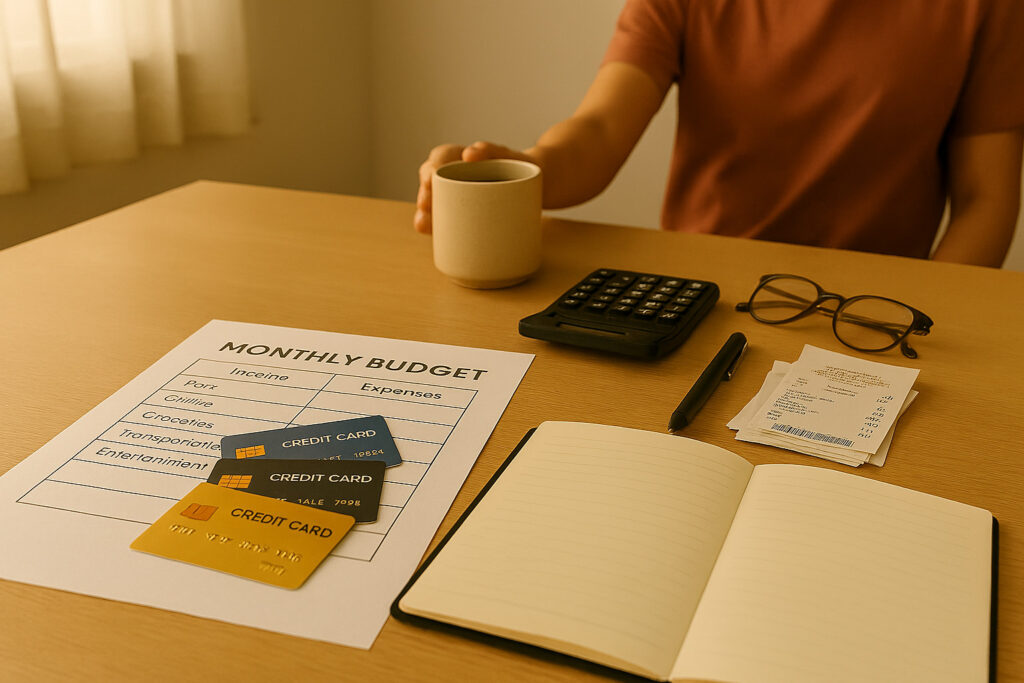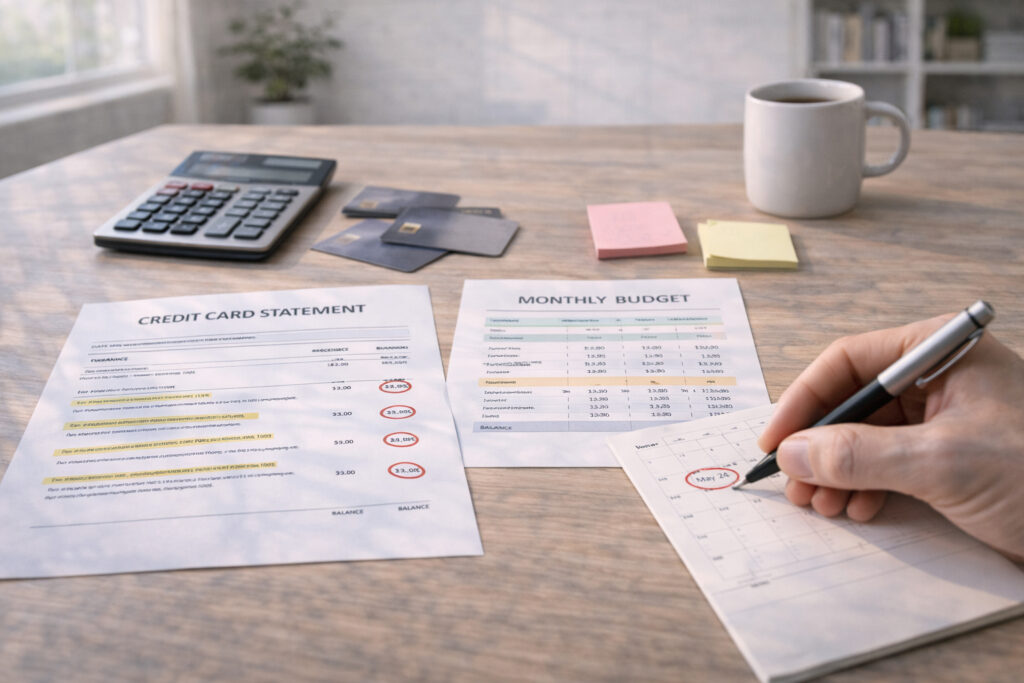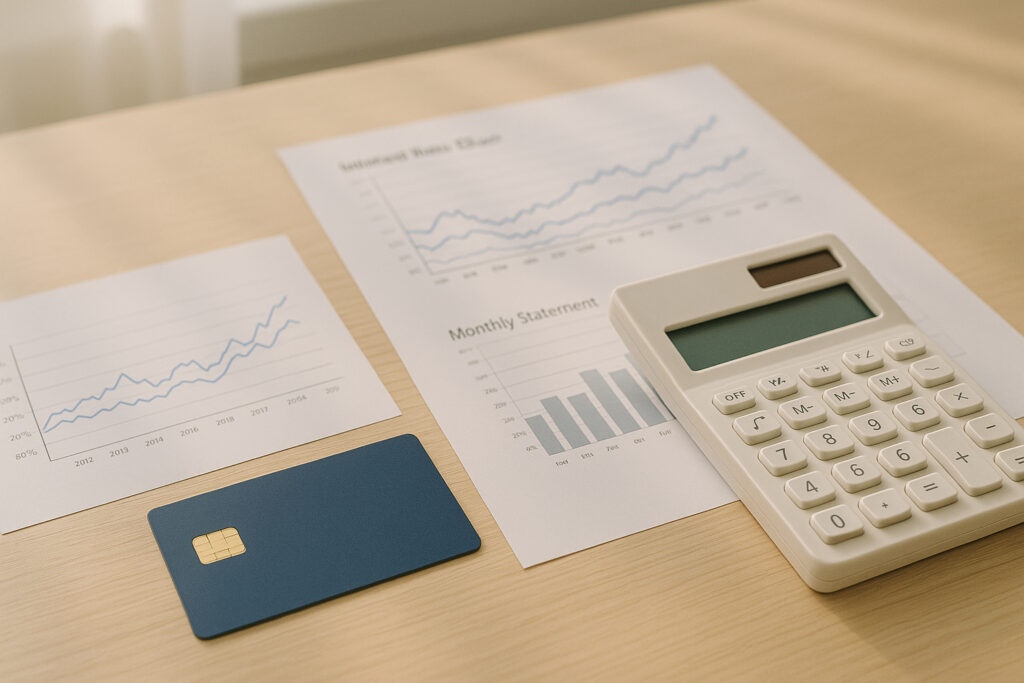Credit cards are powerful financial tools when used intentionally.
They can provide convenience, fraud protection, and rewards, but also carry risks.
Understanding core principles helps you maximize benefits and avoid common pitfalls.
This article offers practical habits to improve card use and financial outcomes.
Understanding rewards
Many cards offer points, cash back, or travel perks that can offset everyday spending.
Assess annual fees against the value of rewards and consider whether benefits align with your habits.
Pay attention to category bonuses, sign-up offers, and expiration policies when evaluating options.
A clear comparison prevents chasing incentives that don’t deliver real value.
Start by listing your typical monthly expenses to see which rewards fit best.
This practical approach helps you choose a card that complements your lifestyle.
It simplifies decision-making and saves time.
Managing interest and fees
Interest charges quickly outweigh rewards when balances carry month to month.
Always aim to pay the statement balance in full to avoid finance charges and negative compounding.
If you cannot pay in full, prioritize high-interest balances and consider a plan to reduce debt systematically.
Also monitor fees for late payments, foreign transactions, and balance transfers to minimize leaks.
Automating payments and setting reminders reduces the risk of costly mistakes.
Small process changes protect rewards and overall financial health.
This reduces stress around money management.
Building credit responsibly
Credit cards can be one of the easiest ways to build a positive credit history.
Keep utilization low by using a small portion of your available credit and paying balances promptly.
Older accounts and a mix of credit types contribute positively to credit profiles over time.
Regularly review your credit report to catch errors and detect identity issues early.
Use cards intentionally to demonstrate consistent, on-time payment behavior.
Responsible use unlocks better offers and lower borrowing costs.
Choosing the right card
Select a card based on fees, rewards structure, interest rates, and customer service reputation.
Consider whether introductory offers are worth temporary benefits and how long you plan to keep the card.
Look for protections like purchase coverage and fraud resolution to enhance peace of mind.
Read terms carefully to understand rate changes, penalty conditions, and reward limitations.
Apply selectively and avoid multiple applications in a short period.
A thoughtful choice prevents unnecessary costs and supports long-term goals.
Conclusion
Thoughtful card selection and disciplined habits convert credit cards into financial assets.
Focus on paying in full, aligning rewards with spending, and monitoring your credit regularly.
These simple practices build stability and create opportunities for future financial flexibility.









